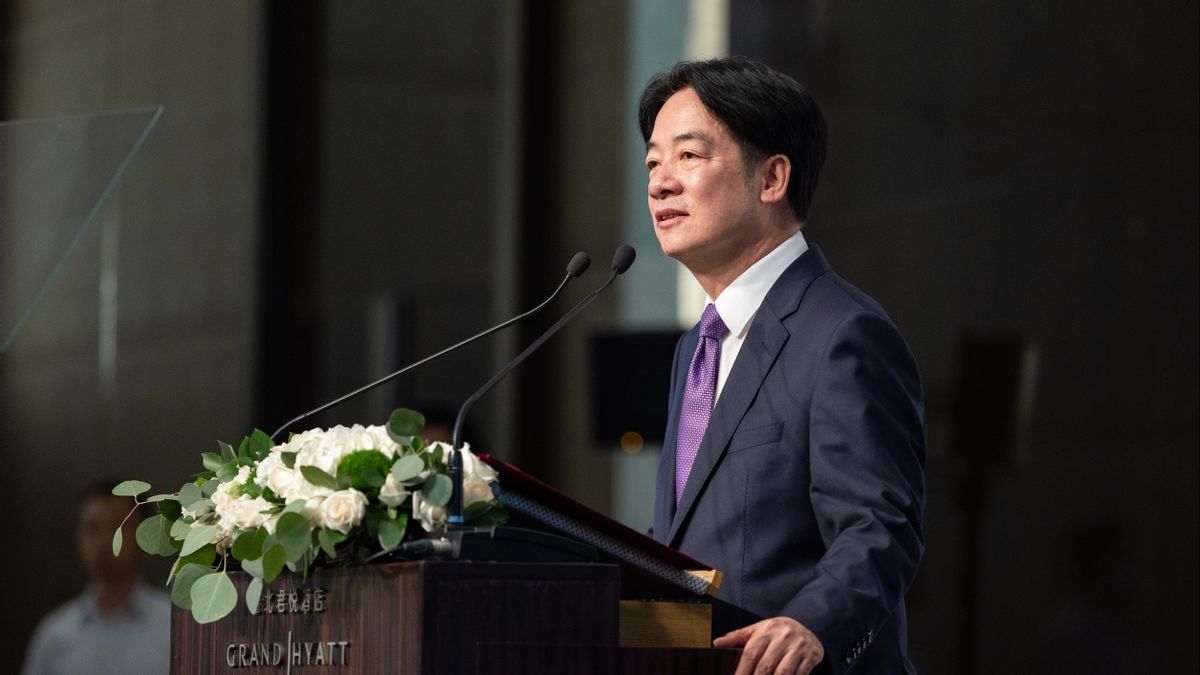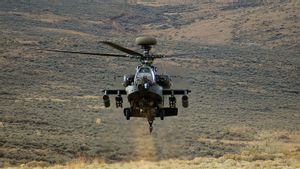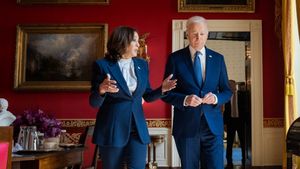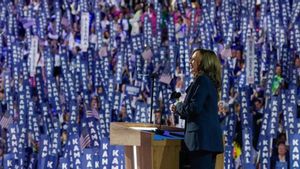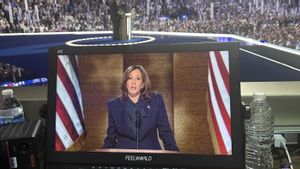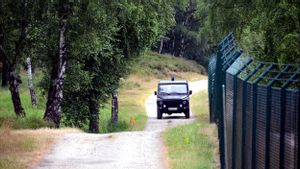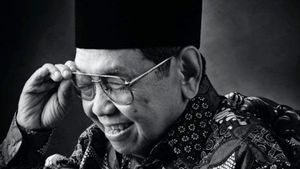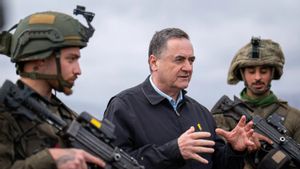JAKARTA - President Lai Ching-te said on Friday Taiwan wanted to continue its free way of life and refuse to be ruled by the Chinese Communist Party, while visiting the front islands separating the two countries.
Taiwan has controlled the Kinmen Islands and Matsu, located off the coast of China, since the Government of the Republic of China, which lost a civil war with communist Mao Zedong, fled to Taipei in 1949. No peace agreement or ceasefire has ever been signed.
During his first visit to Kinmen since holding office in May, President Lai laid an wreath and lowered his head as a tribute in a memorial garden to commemorate 66 years of clashes with Chinese troops, known as the start of the second Taiwan Strait crisis.
Speaking in front of veterans at lunch and talking spontaneously, President Lai said he grew up with stories about the fighting while his uncle was on duty at the Kinmen.
Taiwan must fight the Chinese threat, said President Lai.
"Our goal is that we hope for peaceful development in the Taiwan Strait. Taiwan is a country that loves peace very much. Taiwanese people are kind," he said.
"We are no longer trying to retake the mainland. However, we also don't want to be ruled by a communist party. We want to continue a democratic, free life, have human rights and uphold the law. Right?" President Lai added, accompanied by shouts "yes!"
President Lai, speaking to veterans and their families, said the Taiwanese government continues to strengthen and spend more on the military and will defend the country's sovereignty.
Taiwan's defense spending will rise 7.7 percent next year, surpassing expected economic growth, as the country adds fighter jets and missiles to strengthen its deterrence against the growing threat from Beijing.
Shortly after President Lai returned to Taipei, Taiwan's Ministry of Defense said it had detected 27 Chinese military aircraft operating around the Taiwan Strait on Friday, conducting a "coupling combat readiness patrol" with Chinese warships. However, the ministry did not provide a definite location.
Taiwan sent its own troops just in case, the ministry said, using words commonly used to call China the one carrying out the activity.
Separately, China's Ministry of Defense did not immediately respond to a request for comment on whether the latest combat patrols were linked to President Lai's visit to Kinmen.
China views democratically-ruled Taiwan as its own territory and has repeatedly denounced President Lai as "separatist".
Meanwhile, President Lai rejected Beijing's sovereignty by saying only the Taiwanese could decide their future, but also offered negotiations with China.
The venue for fighting during the height of the Cold War, China's coast guard since February has been conducting routine patrols around Kinmen following the deaths of two Chinese people at a speedboat Beijing says Taipei is doing.
The 1958 crisis is the last time Taiwanese troops have fought with China on a large scale.
SEE ALSO:
In August of that year, Chinese troops began bombing more than a month at the Kinmen, along with Matsu, including sea and air fighting, with the aim of forcing them to bow.
Taiwan countered with support from the United States, although the crisis ended in a stalemate. Taiwan commemorates August 23 each year as a date to fend off Chinese attacks.
Formerly called Quemoy in English, Kinmen is now a popular tourist destination, although Taiwan has a significant military presence.
The English, Chinese, Japanese, Arabic, and French versions are automatically generated by the AI. So there may still be inaccuracies in translating, please always see Indonesian as our main language. (system supported by DigitalSiber.id)
